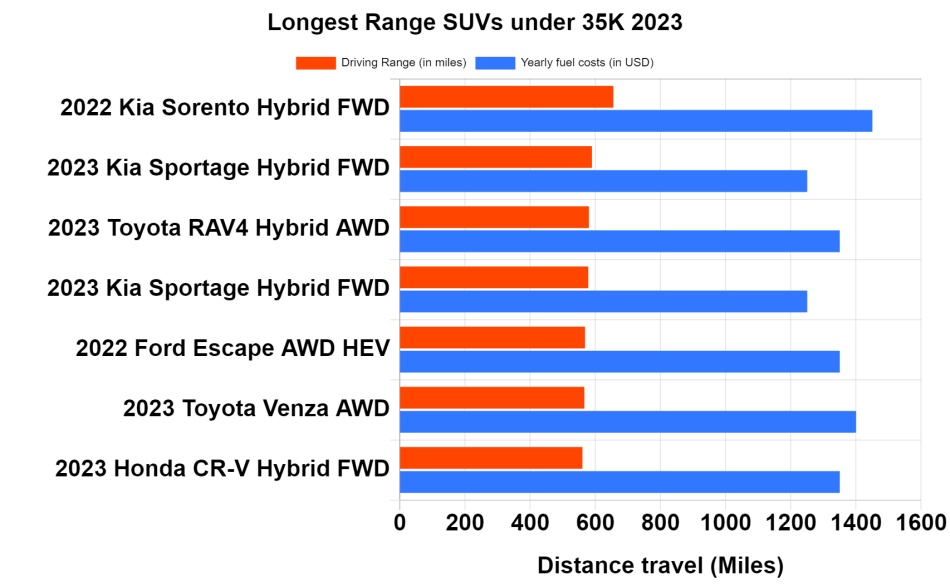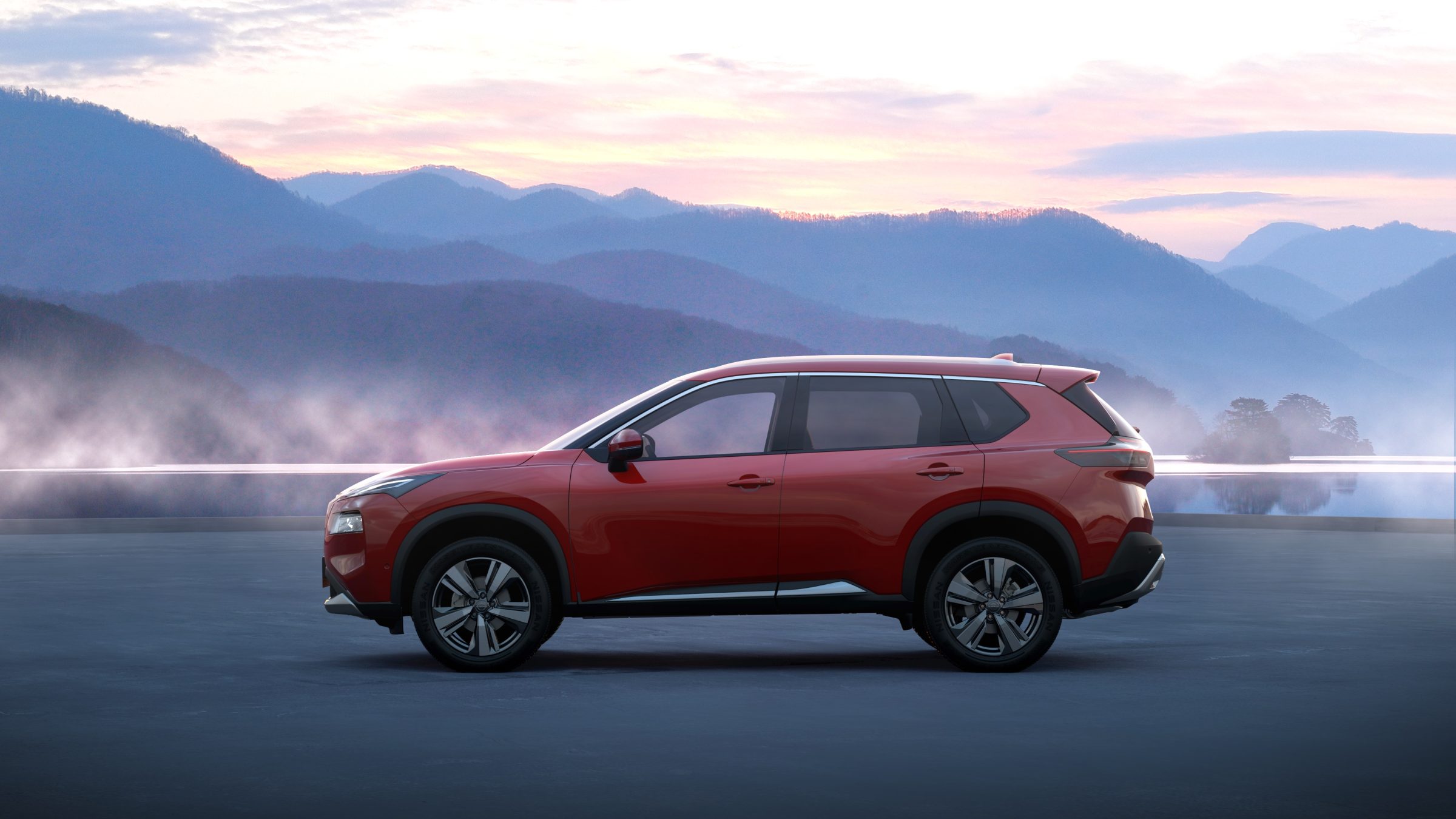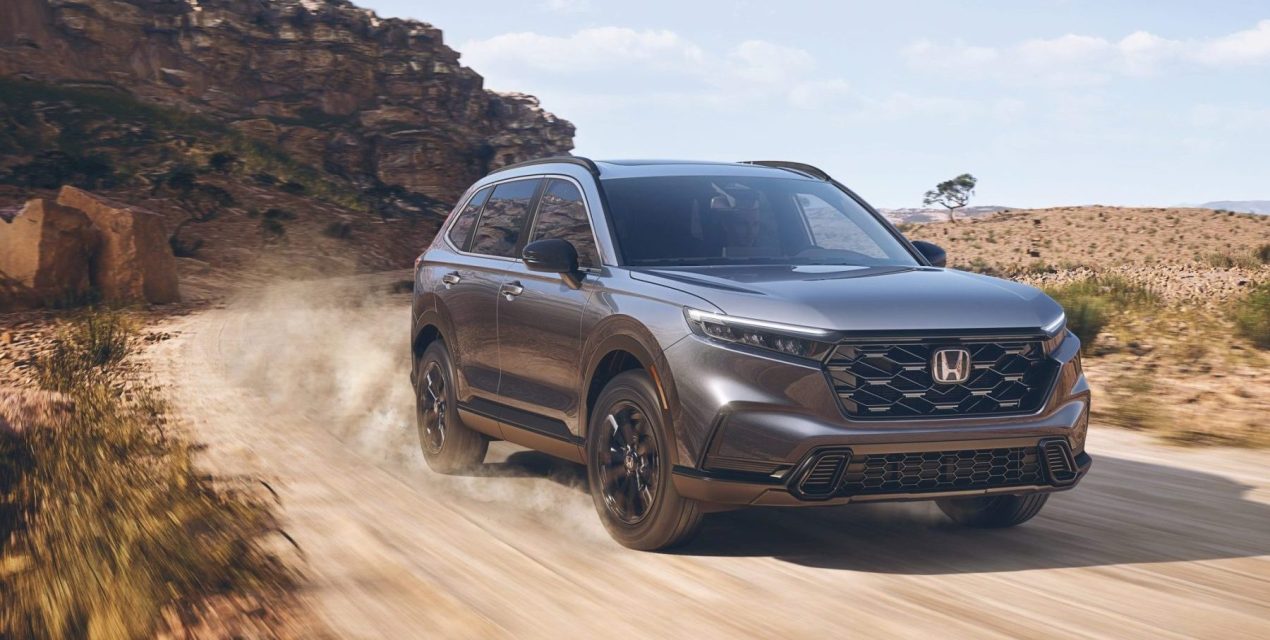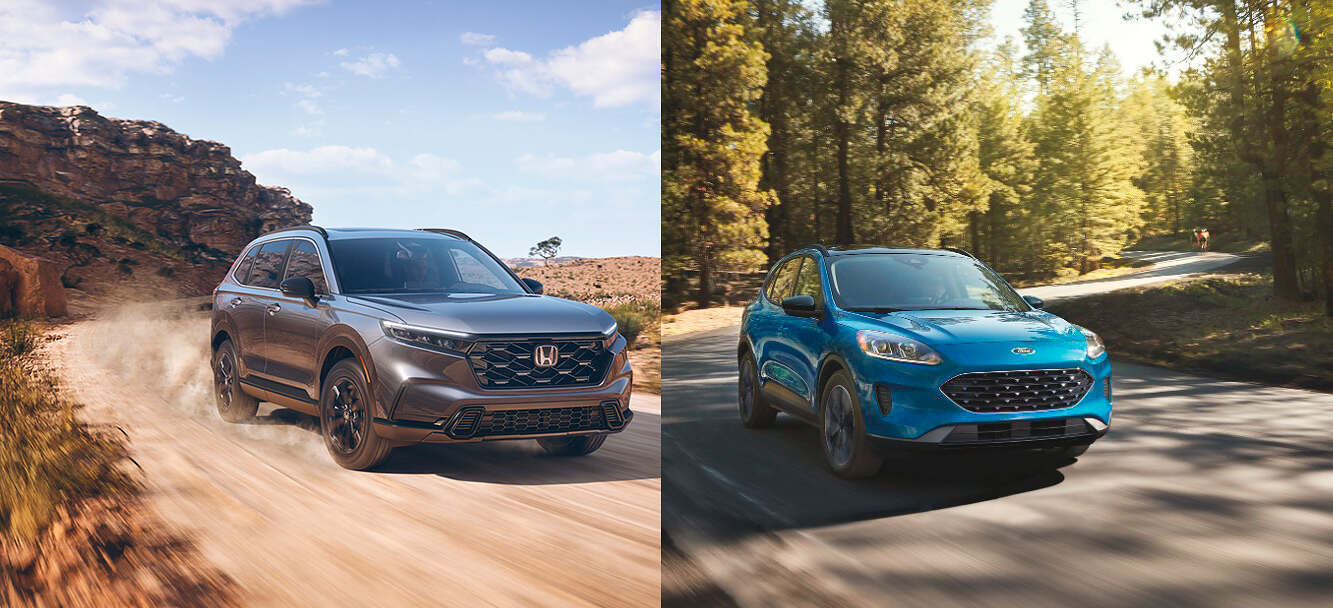Are you in the market for a new vehicle? If you’re looking at either a compact SUV or a full-size SUV, you may be wondering which one would be better for your budget.
Taking into account all costs associated with owning a vehicle can help you make an informed decision about which type of SUV is the right choice for you.

Let’s take a look at the average cost of ownership for both types of vehicles.
The Cost of Repair and Maintenance
Compact SUVs are generally more affordable than their larger counterparts when it comes to repair and maintenance costs. This is because they have fewer parts that need to be replaced or maintained over time.
In addition, most compact SUVs are lighter in weight than large ones, so they typically require less fuel and oil, both of which can save money on regular service visits. For example, the Honda HR-V (compact) averages $2,800 per year in repairs and maintenance while the Ford Expedition (large) averages $3,500 per year.
The Cost of Fuel

In terms of fuel costs, compact SUVs have an edge over large ones. Because compact SUVs are smaller and lighter than their larger counterparts, they typically get better gas mileage anywhere from 10-15 mpg more on average per gallon! With today’s rising fuel prices, this can potentially save you hundreds or even thousands of dollars every year depending on how much driving you do.
Long-Term Costs
When it comes to long-term costs like insurance premiums and registration fees, there isn’t much difference between compact and large SUVs, with one exception: resale value.
As newer models come out every year, older models tend to depreciate quickly in value; however, this isn’t always true of large SUVs since they usually hold their value better than smaller vehicles due to their popularity among buyers who need extra cargo space or seating capacity. This means that when it’s time to sell your vehicle down the road, you’ll likely get more money back if you opt for a full-size SUV instead of a compact one.
Renting versus Buying
Finally, if renting versus buying is something that factors into your decision making process when it comes to buying an SUV – consider that monthly rental payment may add up faster than expected over time compared with buying outright (or at least through financing).
The overall cost will depend on how long you intend to keep the car as well as what type of agreement you enter into with your dealership or lender (e.g., buyout option vs lease option). Be sure to do your research carefully before deciding which route makes sense financially for your lifestyle needs!
Conclusion:
Compact SUVs offer several advantages over their larger counterparts when it comes to cost savings, including lower repair and maintenance costs as well as better gas mileage. But if long-term value retention is important to you then it might make more financial sense, in the end, to go with a full-size SUV instead.
This is especially if you plan on keeping your vehicle for several years beyond its purchase date. Ultimately though – whether compact or large – owning an SUV should provide many years of enjoyment and reliable transportation regardless! So be sure to weigh all potential costs before taking the plunge!



